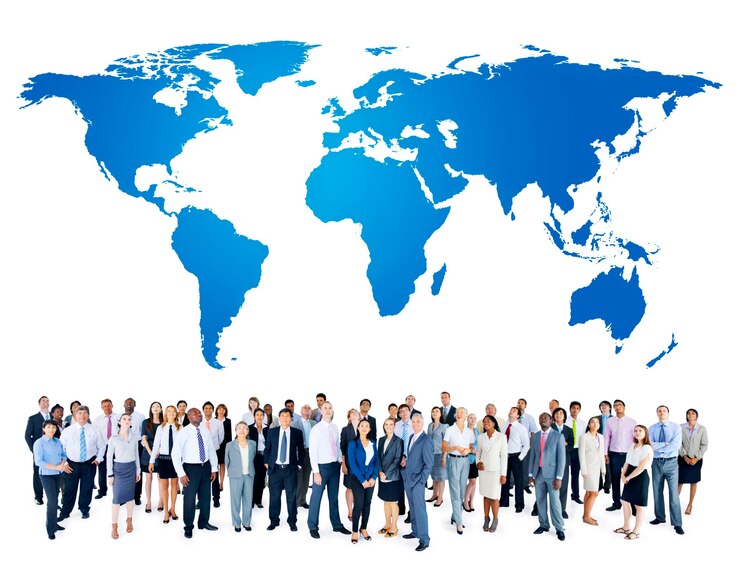Funding opportunity in USA NGOs for USA
AI-UNO is always wish to NGOs enhance, work smartly in community. It’s true that not all NGOs have fully embraced technology and innovation in their projects and operations. While some NGOs have been at the forefront of using technology to enhance their work, there are various reasons why many NGOs may still lag behind in this aspect. Here are a few key factors to consider: Register as Donor from your country write a Subject: “Donations” send your request on info@aiuno.org
There are various funding opportunities available for NGOs (Non-Governmental Organizations) in the United States. These opportunities can come from government agencies, private foundations, corporations, and other sources. Here are some common avenues for funding for NGOs operating in the United States:
- Federal Grants: The U.S. government provides a wide range of grants for NGOs, especially those involved in areas like healthcare, education, environmental conservation, and social services. Grants.gov is a comprehensive source for federal grant opportunities.
- State and Local Government Grants: State and local governments also offer grants to NGOs. You can check with your state’s government websites and local government agencies for funding opportunities specific to your region.
- Private Foundations: Many private foundations provide grants to NGOs across various sectors. Examples include the Bill & Melinda Gates Foundation, Ford Foundation, and the Robert Wood Johnson Foundation.
- Corporate Philanthropy: Some corporations have philanthropic arms that provide grants and donations to NGOs. Companies like Google, Microsoft, and Coca-Cola, for example, have philanthropic programs.
- Community Foundations: Community foundations are local organizations that provide funding to NGOs working in their specific regions. They often focus on issues that are important to their local communities.
- Crowdfunding: NGOs can leverage crowdfunding platforms like Kickstarter, Indiegogo, and GoFundMe to raise funds for specific projects or campaigns.
- Nonprofit Partnerships: Collaborating with other nonprofit organizations can lead to joint grant applications and funding opportunities.
- Individual Donors: NGOs can seek support from individual donors through direct appeals, fundraising events, and online donation platforms.
- Social Impact Bonds: Some regions and municipalities issue social impact bonds that fund projects addressing social and environmental issues. NGOs can participate in these projects.
- In-Kind Donations: Some organizations, both private and public, offer in-kind donations, such as equipment, supplies, or office space, to support NGO activities.
- Religious and Faith-Based Organizations: For NGOs with a faith-based mission, religious organizations can be a source of funding.
- Membership Dues and Fees: If your NGO has a membership model, fees from members can provide a steady source of income.
- Grants from International Organizations: Some international organizations and institutions provide funding opportunities for NGOs operating within the United States.
It’s important for NGOs to research and identify funding opportunities that align with their mission and project objectives. Additionally, organizations should be prepared to meet the specific requirements and guidelines of each funding source, which can vary significantly. Writing clear and compelling grant proposals is essential to secure funding for your NGO’s work in the United States.









